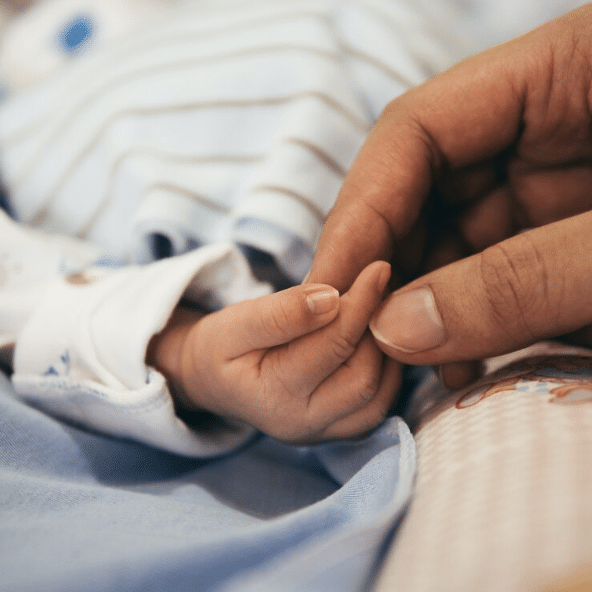Many women struggle with their mental health after giving birth. For example, most women deal with “the baby blues” for at least a week or two after having a baby. Furthermore, many women suffer from postpartum depression, which is still a widely misunderstood condition despite being relatively common.
Perhaps you’ve recently had a baby, and you feel guilty that you’re not feeling the way everyone expects you to. Or maybe one of your loved ones has recently given birth, and you’re concerned for her mental and emotional wellbeing.
Here are a few common mental health issues that women face postpartum and how treatment can help women who need support.
What are “The Baby Blues?”
You may have heard women refer to “the baby blues” and wondered what they meant. This term refers to an experience that is fairly widespread among new mothers. Women who have just given birth often go through a few weeks where they feel irritable and anxious. They might be prone to crying and feel somewhat restless.
These symptoms can occur because the experience of becoming a mother is overwhelming. Even the positive changes can take some time to get used to. The baby blues will generally fade away without treatment, although women dealing with the baby blues should never be ashamed to ask for help when they need it.
What is Postpartum Depression?
Postpartum depression is a more serious condition with severe symptoms. This condition can be physically and emotionally debilitating. The symptoms can last for months on end. Generally, women suffering from postpartum depression need treatment to manage their symptoms and improve their mental health.
Mental Health Symptoms
At times, the emotional symptoms of postpartum depression can feel similar to depression or anxiety. In fact, these symptoms are actually included under the umbrella term, Postpartum Mood and Anxiety Disorders (PMADs). Postpartum depression can cause extreme feelings of sadness, difficulty concentrating, and even restlessness. It can also cause severe worry and anxiety about the health of one’s infant or the mother’s perceived ability to care for it.
A woman with postpartum depression may feel indifferent towards her baby and suffer from guilt over this numbness. She may even worry about hurting herself or her baby. These fears can be emotionally crushing. However, it’s important to remember that while it is necessary to address these symptoms with a mental health professional, they are imminently treatable and will not last forever.
You can feel like yourself again with treatment and support.
Physical Symptoms
Postpartum depression can also bring physical symptoms. Changes in appetite, difficulty sleeping, and energy loss can all be signs of postpartum depression. However, it’s easy for many women to chalk these warning signs up to the fact that they’re now caring for a baby.
While all new parents struggle with exhaustion, especially before their child starts sleeping through the night, this can be a deep-seated sense of fatigue that does not go away. Because of these physical symptoms, a woman with postpartum depression may be afraid that she can’t care for her baby the way she needs to or that she’ll let her partner down.
Support is the Key to Healing
Thankfully, women with postpartum depression can absolutely heal with the right support. If you have a loved one who you suspect is suffering from postpartum depression, don’t hesitate to reach out and check in with her. She’ll need someone to lean on.
In addition, healing from postpartum depression often means seeking professional help and working with a therapist. A therapist can help you see your worth not only as a mother but as an individual who deserves to feel at peace. They can also help you set up systems in your daily life to make caring for a baby easier and divide up childcare fairly if you have a partner. Most importantly, therapists can help mothers understand that these postpartum struggles are not their fault and that they deserve care and compassion.





